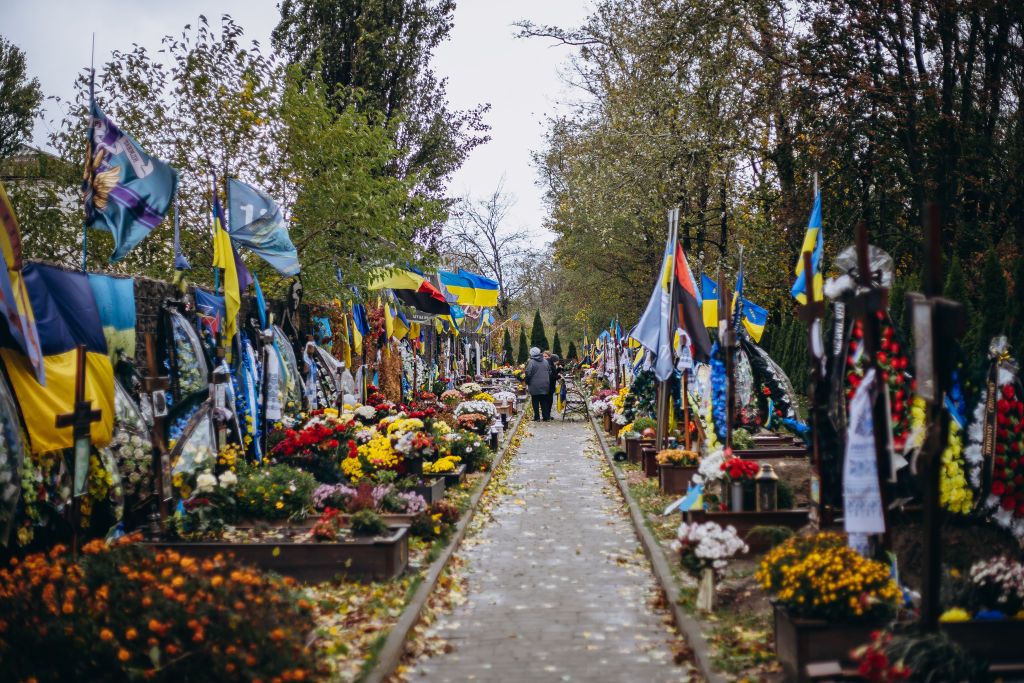At least 54 Ukrainian prisoners of war (POWs) have been executed by Russian soldiers, according to Ukraine’s Prosecutor General’s Office. The head of the War Crimes Department, Yurii Belousov, reported on national television that 27 criminal investigations are currently underway regarding these executions, some of which may involve group executions. Reports have emerged of Russian soldiers killing Ukrainian POWs in various embattled regions, with one investigation opened into a video showing Russian troops shooting three captured and unarmed Ukrainian soldiers in Kherson Oblast. These atrocities are occurring in areas like Zaporizhzhia, Donetsk, and Kherson Oblast, reaffirming the brutality of the conflict.
The investigations in Ukraine are not only focusing on the soldiers directly involved but also the potential involvement of Russian command responsible for such actions. There is a particular emphasis on holding the highest military and political leadership accountable for their roles, as these acts are seen as evidence of Russian policy rather than isolated incidents. With over 128,000 victims of war crimes documented as of March 18, Veronika Plotnikova, the head of the Coordinating Center for Support of Victims and Witnesses of the Prosecutor General’s Office, highlights the scale of the atrocities being committed. The need for justice and accountability in the face of such widespread crimes is paramount for the victims and their families.
Following Russia’s atrocities in Bucha, where reports of mass killings and abuses surfaced, several Western leaders, including U.S. President Joe Biden and Canadian Prime Minister Justin Trudeau, have used the term “genocide” to describe the events. This bold language reflects the severity and magnitude of the crimes being witnessed in Ukraine, urging the international community to take action and denounce the perpetrators. The indiscriminate targeting of civilians and the appalling treatment of prisoners of war illustrate the urgent need for humanitarian intervention and support for Ukraine in its fight against Russian aggression. The acknowledgment of genocide serves to galvanize efforts to hold those responsible accountable and prevent further atrocities.
The situation in Ukraine underscores the importance of supporting independent journalism and providing a platform for the truth to be reported. By shining a light on the atrocities and war crimes taking place, journalists play a crucial role in holding perpetrators accountable and ensuring that the stories of victims are not silenced. The power of the media in raising awareness, mobilizing public opinion, and advocating for justice cannot be understated in times of conflict and crisis. The call to support independent journalism in Ukraine is a call to uphold the values of freedom of the press, truth, and transparency in the face of adversity.
As the investigations into war crimes and atrocities continue in Ukraine, there is a growing need for international solidarity and support for the country and its people. The widespread violations of human rights and international law demand a strong response from the global community to ensure accountability and justice. By standing with Ukraine in its fight against Russian aggression and advocating for the rights of victims and survivors, individuals can make a meaningful impact in the pursuit of peace and justice. The atrocities committed in Ukraine serve as a stark reminder of the importance of upholding human dignity, justice, and the rule of law in times of conflict and crisis.


